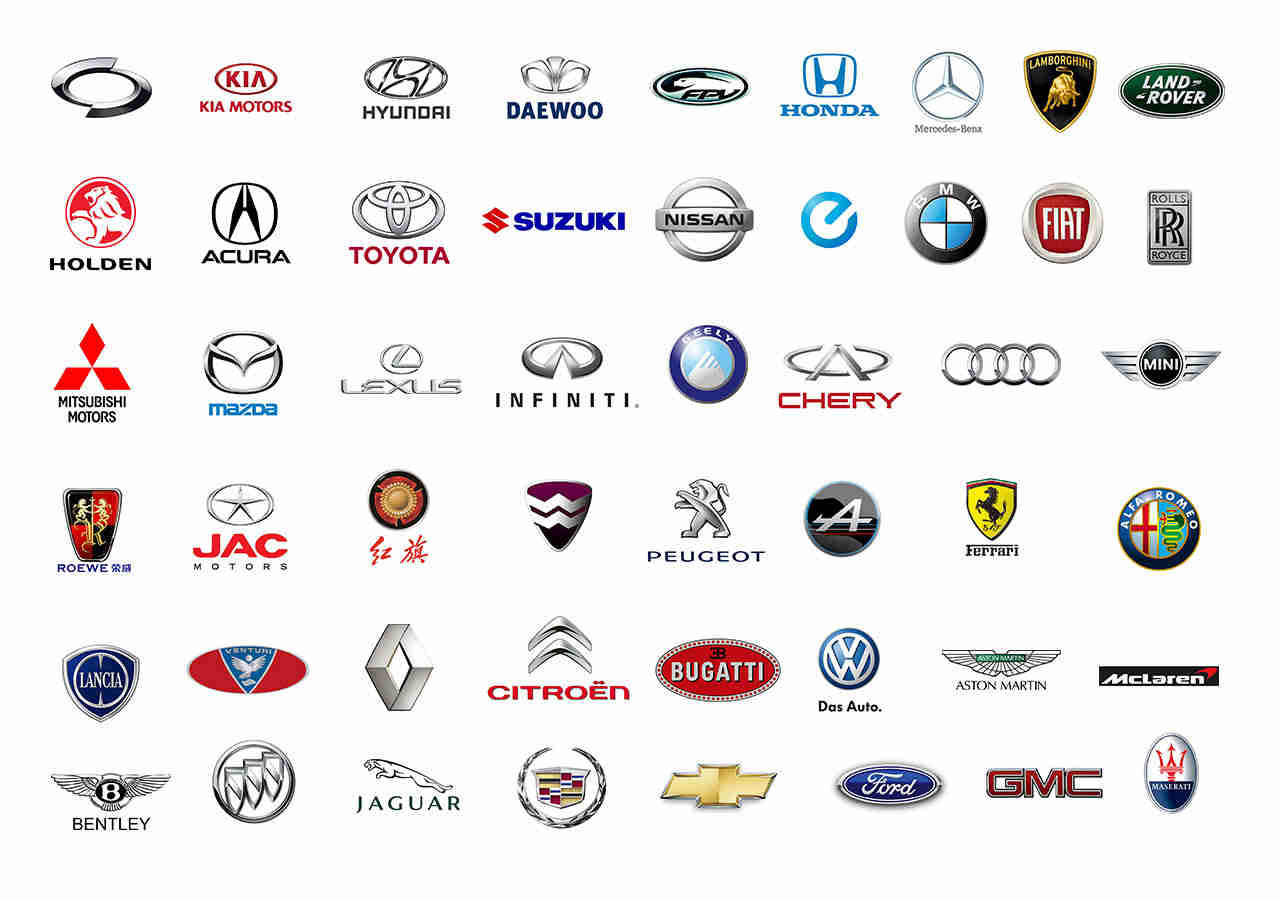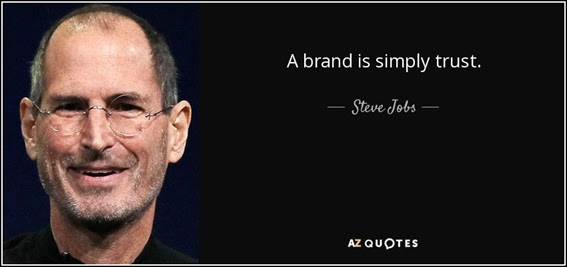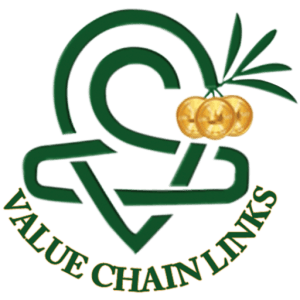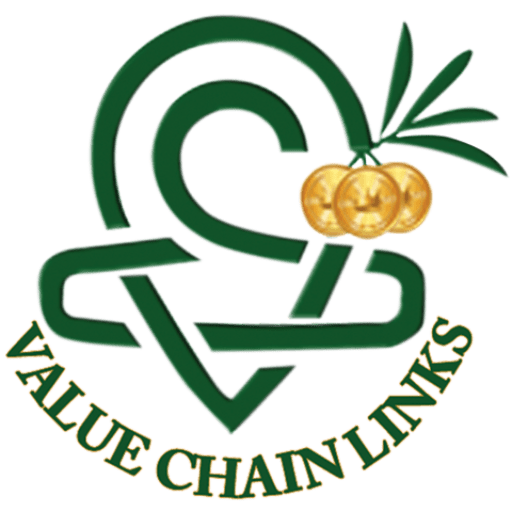IS IT POSSIBLE TO INCREASE FRUIT GROWERS INCOME WITHOUT CHANGING THE QUALITY AND QUANTITY OF FRUITS?

By/Dr.Nimord

| *in my articles, I address general phenomena. Mention of a country/continent is for illustration purposes only. |
BRANDING
When you buy a new car you and you want to explain to someone what you just did, you say, “I bought a _______ (fill up the name of the brand like Toyota/BMW/Honda/Ford/Mercedes, etc.,) car.“
You will never say, “I bought a car.” Never. You will always add the brand of the car.

A brand, not only of cars but also of smartphones, wines, hotels, celebrities, etc., makes us feel that it represents who and what we are. The more we identify with the brand, the more we will mention it.
Now think about what happens when you buy a mango or any other fruit for that matter. If you ever mention it to anybody, it will be flat and simple, “I bought a mango.” That’s it, no brand name added.
But there is an exception to the rule: when you buy a fruit that belongs to a branded category, e.g., organic, variety, and sometimes even a country.
In such a case, you may say, “I bought an organic mango” or, “I bought a tasty Alphonso (variety) mango” or, “I bought an excellent Israeli mango.”
People who eat organic food will buy only Organic mangoes, just as Alphonso lovers are waiting a whole year to purchase mangoes of this specific variety. Some are awaiting the tasty Israeli mangoes.
This is the power of a brand, you know what you want, and you are willing to pay a premium to get it.
The same with fruits, consumers of the above categories (e.g., organic, variety, state) are ready to pay a premium price for those fruits.
The premium price is the sign of a brand and the best quality (value for your money) you expect to get, knowing you will not be disappointed.

If you are a farmer, here is a little exercise for you, and please be 100% honest with yourself.
Ask yourself, “Do people wait to buy my fruits? How much do I get more compared to other farmers who market produce of similar quality?”
Try to remember, when was the last time you heard consumers asking and waiting for produce coming from a specific farm or packing house? I bet you never heard such a conversation!
Why should consumers say something like this if they know nothing about you?
Your produce is not branded, and the consumers have no reason to trust you more or less than any other farmer or packinghouse sending “similar” produce to the markets.
MY FARM’S LABELED FRUITS
I know it first hand from the times when I was a fruit grower myself. I grew high-quality fruits, which were then packed and labeled with our farm (Kibbutz) special label (at least we thought it was special).
I was very proud of my fruits, mostly when many traders came to ask specifically for them. The traders knew they would have no problems selling those fruits for a fair price.
I have heard the traders asking for my fruits, but I never heard the end-users, the consumer, asking and insisting on buying ONLY my produce.
To be honest with me, most of the consumers were indifferent to the source of the produce and barely noticed the label.
Those indifferent consumers were ready to buy my labeled produce as long as it was about the same price as the produce coming from other farmers.
It hearts me to say that I labeled my produce for so many years, spending time and money on it. All this, while in practice, my fruits were traded as a “regular commodity,” getting the same price as others. Not a cent more.
Yes, my fruits were LABELED but NOT BRANDED. They were practically a commodity.
As a result, I received about the same price per kg as the other farmers selling the same quality.
If HIGH PREMIUM signals of a STRONG BRAND, my fruits received No or Little premium.
A POSITIVE EXAMPLE
A branded product makes you respond emotionally towards it and trust it.
We, humans, are ready to pay a premium price for something that evokes positive emotions and trust, deep inside us. This is a general rule which is valid for all industries and domains, including the agro-industry.
For example, in Israel, Tali Grapes; a group of farmers who have banded together to market their grapes under a common brand.
They decided that their brand will represent uncompromising quality and did what was required to meet that commitment.
Year after year, they have invested in developing a strong local Israeli brand for the grapes they grow. The brand has grown, and so has the volume of marketed grapes and the number of growers.
Tali Grapes apply the four pillars of branding – Promise, Perceived, Availability, and Consistency.
“Your brand is your promise to your customer. It tells them what they can expect from your products and services, and it differentiates your offering from your competitors’.”
The Israeli consumers love Tali Grape’s promise, perceive them in a very good way, and can find them almost anywhere and anytime, knowing the quality is always the best (consistently high).
As a result, their grapes consistently get a premium price of tens of percent above others, and their market share in Israel is over 30%.
Thanks to continuous efforts, every Israeli is familiar with Tali Grapes, and hence they became a prestigious and highly profitable Israeli grape brand.
Note that to be available everywhere and anytime, Tali Grapes had to increase its supply, or else it couldn’t become a brand. Remember, quantity is a significant and primary demand on the way to branding.
Tali Grapes were able to become a grape brand in Israel because of their many qualities and deeds. But also because they managed to capture 30% of the local Israeli market.
With fresh produce, it is essential to capture a big chunk of your target market to have a chance to become a brand.
Do you think Tali Grapes could become a global brand had they exported the same quantity to Europe or the USA?
How many fruit export companies are you familiar with, and you know that captured tens of percent of an export market, or even from a segment of it?
WHEN?
It is not a secret; my aim is to increase farmers’ income and profit by tens of percent, maybe even hundreds!
To do so, we defined and developed a conceptual solution package named Green Valley.
One of Green Valley‘s goals is to increase farmers’ income and profit by improving their produce Quality, Quantity, and… Branding it. The combined effect will be powerful.

Branding will enable Green Valley and its farmers to continuously get a premium price and improve profitability.
Green Valley intends to annually export hundreds of thousands of tons from several countries in Africa and elsewhere to get the required volume and a year-round supply to premium markets.
The significant volume and the year-round supply combined with the other branding pillars will give Green Valley a chance to become a brand in its target markets.
But when is the best time to start Green Valley branding activities?
It takes time and money (a lot of money) to build a reliable brand. Hence, the sooner we start, the better it will turn for all participants.
But that is not all, with no intention of offending; it seems that currently, there is no strong mango brand, and there is a vast dissatisfaction of consumers from current mangoes’ quality.
This dissatisfaction is reflected in a recent survey we conducted (already presented in a previous article) –
1) 71% said they are unsatisfied with the Taste and the general quality of mangoes in the EU and the USA.
2) Although unhappy with the Taste, 65% said that TASTE is their primary selection criterion for buying mangoes, and
3) 67% said that they would prefer consuming mangoes free of insecticide sprays over organic or conventional mangoes.
A few years into the future, we can see in the premium markets growing demand for mangoes, of about 1 million tons from now until 2030.
Today Africa’s share of mango exports to Europe is about 10% of the total market, nearly 700,000 tons. By 2030, mango imports to Europe alone will cross the one million tons threshold.
Do you think it is unreasonable for mango exports from Africa to Europe to account for 50% of total European imports?
Green Valley wishes to grasp and leverage this historical opportunity and use it to fill the gap with high-quality Green Valley mangoes sourced from emerging economies, mainly from Africa and Asia.
IS IT POSSIBLE TO CHANGE THE WORLD THROUGH BRANDING?
All my professional life, I thought that to make a significant change and positively change many people’s lives, you need suitable proportional magnitude tools that will work together in harmony.
For too many years, humanity missed and neglected the development of suitable tools to deal with the emerging markets’ unchallenged agriculture problems.
Without proper tools, the farmers have little chance of escaping the situation forced on them from birth. Hence, leaving billions of people in poverty, most of which are African and Asian farmers.
It took me time to fully grasp the whole situation and frame it correctly within a context. After that, we designed and developed a concept and model. Finally, we lay out a clear path to a solution, including implementation and action-plan, to execute and implement the concept and model.
In short, the solution is to provide farmers in emerging economies a FULL PACKAGE of tools that will enable them to reach fast far greater goals than ever imagined.
That FULL PACKAGE of Green Valley contains everything required to take any group of farmers from anywhere in the world and turn them into a team of Elite Exporters.
Green Valley Tool-Box Package contains – methods, procedures, protocols, models, technologies, brands, services, experts, etc.
Still, even with such a powerful Package, the change will not be easy or come overnight.
So we decided to start by focusing on mango growers who are the best in their countries and have the best potential to increase or initiate export to premium markets.
Green Valley views those farmers as the spearhead of an elite group that will inspire and serve as a role model for the rest of the country’s farmers.
The following are the professional, business, and operational guidelines that lead Green Valley in its vision, approach, and activities.
BUSINESS AIM – Green Valley brand and market mangoes for premium markets to increase its farmers’ income and create a preference of consumers to buying mangoes, which represent its values.
LEVERAGE – Green Valley uses its advanced state-of-the-art technologies, models, protocols, methods, and in-depth know-how that it has developed or using under licensing from Biofeed.
As for now, only Green Valley can effectively control any species of fruit fly (Tephritid) that is infesting mangoes. This is significant business-competitive leverage.
Hence, Green Valley can grow and get Export Quality Mangoes from many more places than ever before in human history!
MISSION – Our body and the environment are not a garbage can, to which we can continue throwing chemicals, poison it, and think nothing matters. Hence, Green Valley’s mission is to ensure the growing of produce in a safe, eco-friendly environment to enable consumers to enjoy better and healthier food and life while continually improving farmers’ livelihood.
STRATEGY – Green Valley based its branding strategy on the four pillars of branding; Promise, Perceived, Availability, and Consistency.
UNIQUENESS – Green Valley promises mango lovers, wherever they are, to have assured access to TASTIER and HEALTHIER mangoes grown while using the least or no insecticide sprays. Our ambitious target is to help farmers reduce insecticide sprays by 90% in the first year of activity.
DIFFERENTIATION –Green Valley introduces a new fruit category, which is focused on increasing the health of consumers and the environment alike by eliminating the need for sprays (starting with fruit fly sprays, then insecticides, and then others), regardless if those sprays are Organic or Conventional.
AVAILABILITY – Green Valley will source fruits from many countries worldwide to enable its consumers’ year-round access to tasty, top quality, spray-free mangoes sourced from emerging economies, and mainly Africa.
PLENTY – Green Valley’s ability to increase the quantity and improve the quality of exported mangoes will enable it to supply mangoes to many more selling points than it is today. Hence, increasing the familiarity and popularity of mango at premium markets.
Note, a mandatory element for branding is to have enough quantity to enable continuous availability. To this end, Green Valley aims to export by 2030 around 300 thousand tons of mango.
PRICING – Green Valley wishes to position its produce lower than Organic and higher than Conventional, hence setting the price accordingly.
SOCIAL – Green Valley emphasizes its attitude of growing and sourcing fruits from emerging economies. Green Valley will take an active part in advancing and enhancing the agro-industry in those countries to enable farmers’ better life through improved professional success.
FINANCING – Green Valley will reinvest much of its profits back into the source markets. This to support farmers’ rapid improvement and to add more farmers to its elite exporting group.
BRANDING – Green Valley will brand its produce to differentiate it and let its consumers make a smart choice, considering the Taste, the Source of the mangoes, and the Values it represents

